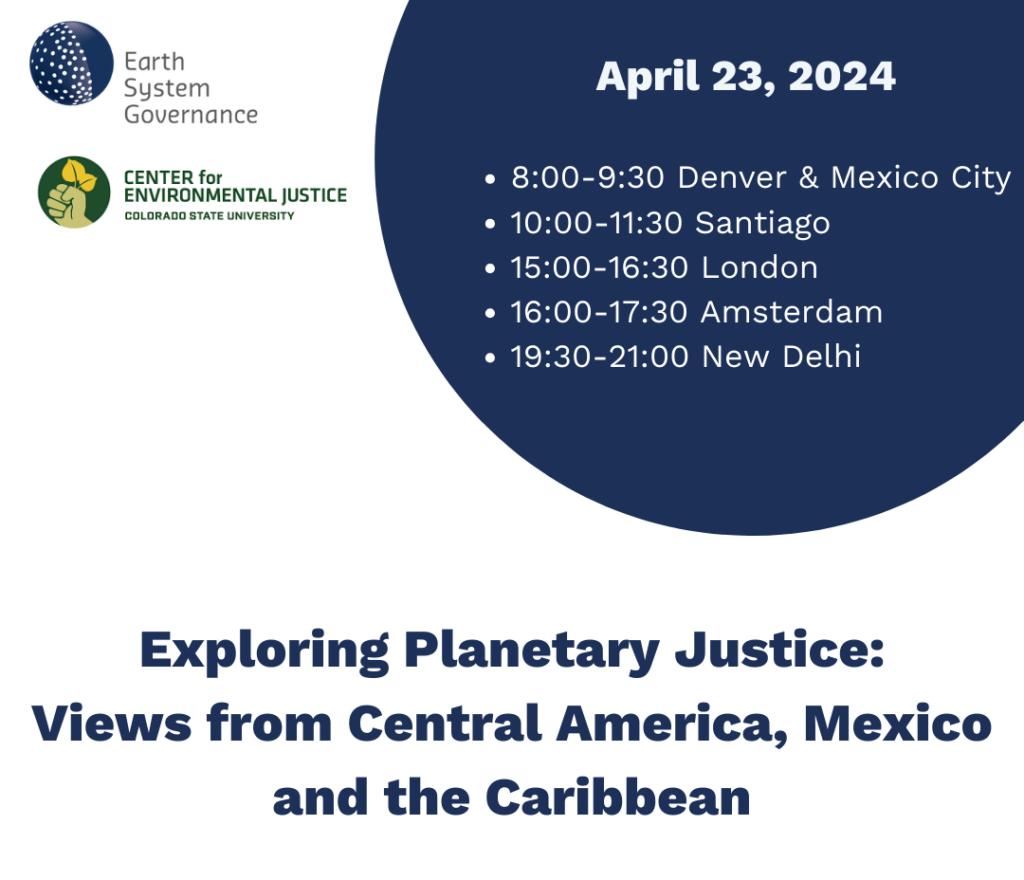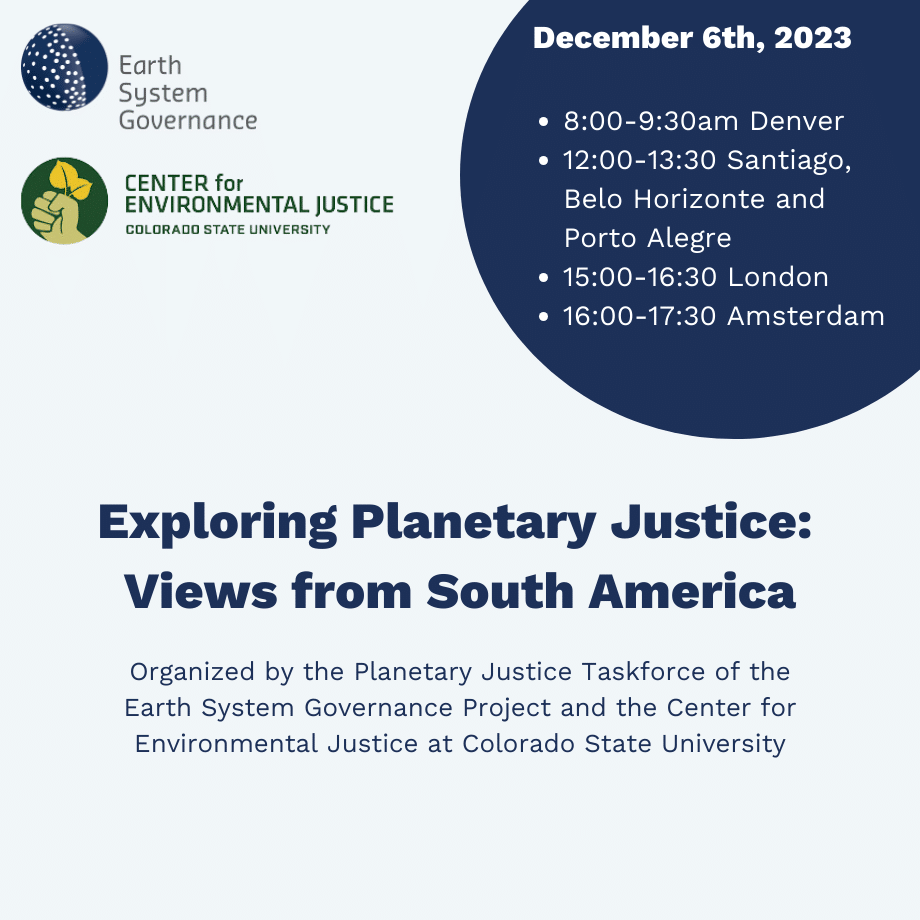The school will consist of a blend of theoretical and practical sessions focused on key aspects of adaptation and adaptive governance. Both natural and social science streams will be explored, with emphasis on multi- and trans-disciplinary perspectives and the demonstration of policy and management implications. To achieve this, we invited several leading scientists in the field from Europe but also beyond, renowned for their cross-disciplinary research. We will complement this with a selection of participants from different backgrounds and disciplines with ongoing work on adaptation. The program will provide rich opportunities to connect with local adaptation initiatives, including the recently ended Lake Balaton adaptation project of UNDP-GEF. A downloadable description of the Summer School is available from http://www.summer.ceu.hu/02-courses/course-sites/adaptation/index-adaptation.php.
Objectives
At the time of unavoidable and well-documented global change, adaptation has become a key concept in environmental and related social sciences, and also in policy processes on a variety of scales. Many sectors, such as forestry, biodiversity conservation, water management, agriculture, infrastructure development need information about the current state and future direction of ecosystem conditions, potential ecosystem-based adaptations, and relevant policies and governance mechanisms enabling such adaptations. This is a field of research and practice on the boundary of natural, social and policy sciences where ecosystem complexity meets the complexity of social systems. The challenge of such collaborations and policy development require not only navigating through complex issues with high levels of uncertainty in physical and ecological processes, but also accounting for the diversity of potential human choices and decisions of multiple stakeholders.
The purpose of this Summer School is to bring together select scholars and students from a variety of relevant academic and professional backgrounds related to ecosystem vulnerability. It is an opportunity for students actively engaged in adaptation related research to meet and to have an informed dialogue, about the field of their diverse academic inquiries with leading researchers and practitioners and with each other. The range of topics will include ecosystem services valuation and spatially explicit assessment, scenario building, adaptive management, ecological economics and institutional aspects of ecosystem adaptation. The course will provide practical learning opportunities for the participants supported by a number of expert-led sessions on theoretical concepts, tools and methods and case studies to demonstrate their relevance for policy-making.
Intended level
The course participants shall meet the following criteria:
- Hold positions at a university, research centre, consultancy, a research-oriented NGO or an international organisation;
- Have an MSc / MA or PhD degree or equivalent and in the case of an MSc / MA also at least two years of research or/and teaching at the graduate level or be enrolled in their PhD studies;
- Have demonstrable achievements in research and / or curriculum development; #demonstrate good communication skills.
The language of instruction is English, thus all applicants have to demonstrate a strong command of spoken and written English to be able to participate in the program.
Content, Methods, and Assessment
The face-to-face program in Budapest will be preceded by a distance learning element. Participants will be expected to complete course readings and familiarize themselves with the profile of other course participants in order to develop some preliminary ideas of possible collaboration. By the beginning of the course the students will also send their bios and the proposal for a paper falling within the scope of the Summer School’s topic. Bios and proposals for papers will be compiled and circulated in advance of the start of the School to both faculty and participants.
The school program includes talks, seminars, moderated discussions and supervised group work. From the third day on the participants will work in small groups to develop and present by the end of the course the detailed outline of a paper combining their diverse existing research perspectives. The development of outlines will be supported by thematic paper seminars where the ideas and the first results will be presented and discussed; advice from the faculty will be available throughout the course. Course participants will be asked to act as reviewers of the presented paper outlines and continue playing this role beyond the course. If a critical mass of quality papers will be accumulated and there is sufficient participant interest, their publication in a special issue of an internationally respected, peer-reviewed journal will be considered.
The course will include a field trip to Hungary’s Lake of Balaton, including a boat trip and a workshop to review adaptation challenges and response mechanisms implemented through the Lake Balaton Development Coordination Agency (LBDCA) in Siófok, plus a presentation on the environmental status of the lake at the Institute of Limnology of the Hungarian Academy of Sciences in Tihany.
The following topics will be covered during the course:
- Changes in the physical system and their modeling by Hans-Peter Nachtnebel;
- Origin, concepts and terminology of adaptive management; ecosystem governance and institutional misfit; valuation of ecosystem services by Katherine Farrell;
- International aspects of adaptive governance by Frank Biermann;
- Biodiversity governance: policy process and ethical perspective and deep see governance by Sybille van den Hove;
- Forest adaptation: multilevel governance and evaluation methodologies and approaches for spatially explicit assessments by Anton Shkaruba;
- Participatory Integrated Environmental Assessment and Stakeholder participation and policy instrumentation by Matthijs Hisschemöller;
- Assessing vulnerability to climate change: Concepts and Strategies for Nation-wide Action by Willi Haas and Ulli Weisz;
- Monitoring and evaluation of the success of adaptation initiatives, including adaptation indicators by László Pintér and Livia Bizikova;
- Lake Balaton Integrated Vulnerability Assessment, Early Warning and Adaptation Strategies: From Diagnosis to Alternatives for Policy and Action by László Pintér and Gábor Molnár;
- Dynamics of Lake Balaton in the recent time: identification of vulnerabilities and development of adaptation strategies by Sándor Herodek.
Thematic sessions will typically take a day. Participation in the discussions will require some prior knowledge of the issues raised in the presentations. Course participants will receive readers two months before the course. Presentations of detailed paper outlines and their discussion will take place on the last day.
Venue
The venue of the most session will be the main campus of the Central European University (CEU) in the heart of Budapest. The University occupies a block of modern and historical buildings in downtown Pest, a two-minute walk from St. Stephen Cathedral and the Eastern bank of the Danube right across from Castle Hill which has UNESCO’s World Heritage Site designation. Hungary’s Parliament, National Museum, and a countless number of other attractions and restaurants are within minutes of walking distance.
CEU’s main building has been recently renovated and has high quality facilities and technology. During the school the participants will have access to CEU’s library, printing/photocopying facilities, e-resources and campus-wide wireless network. Accommodating can be provided at the CEU Residence and Conference Centre about half an hour travel from the campus at special summer university rates.
Application Procedure
All the application materials need to be submitted electronically by March 15, 2011. An overview of the application procedure is available from http://www.summer.ceu.hu/02-courses/course-sites/adaptation/appl-req.php.



